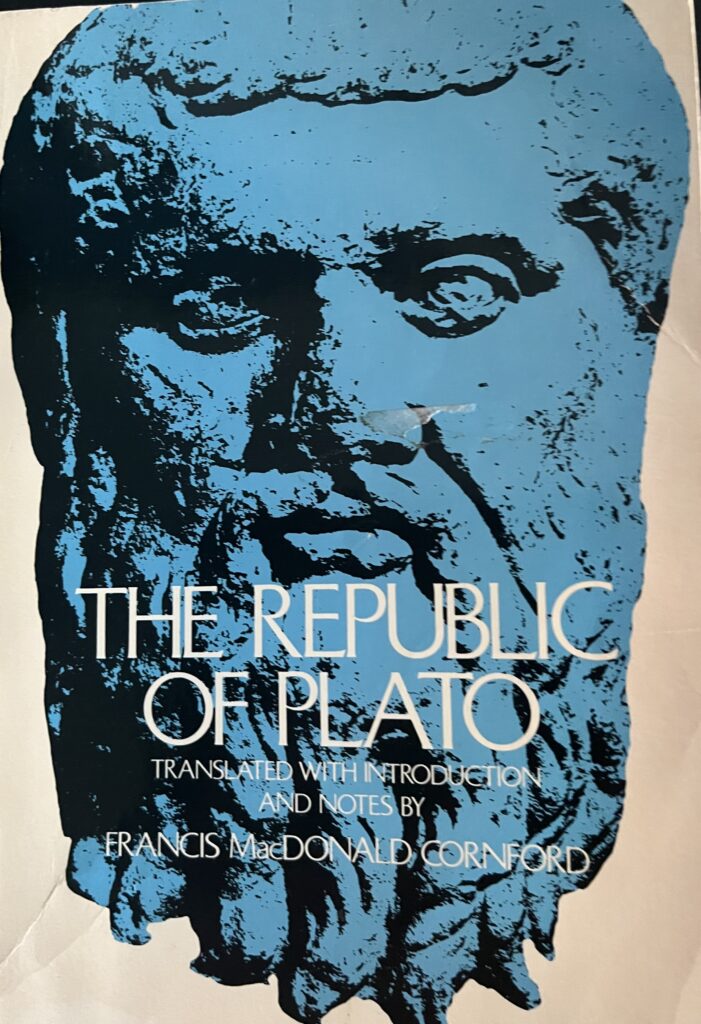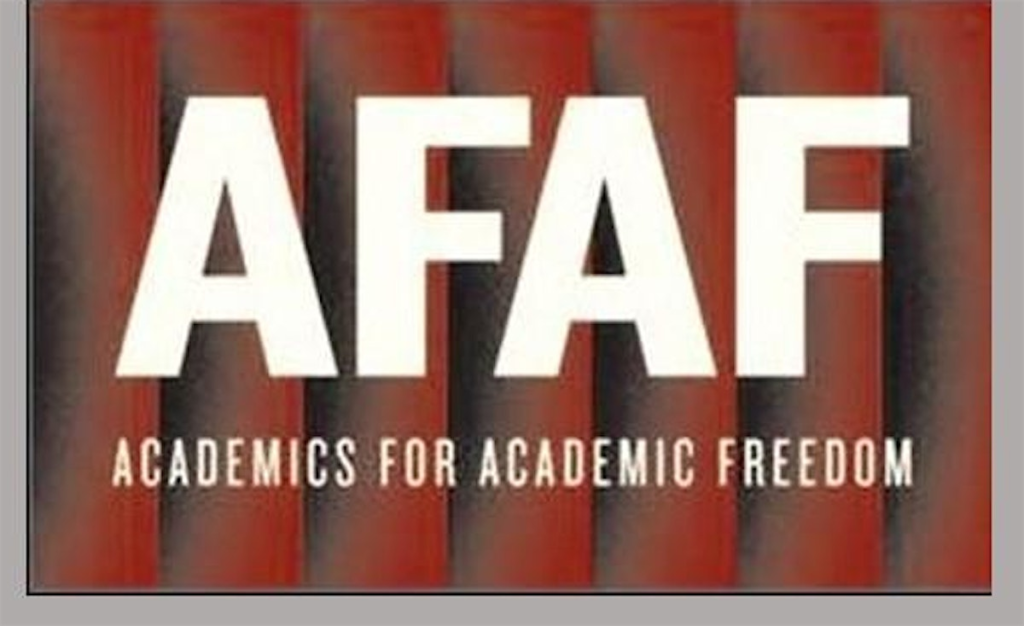Plato wrote The Republic around 375 BC, making it 2,400 years old. Yet it has continued to reverberate throughout the entire subsequent history of Western philosophy. Any serious philosopher since has had to reference their ideas to the framework Plato originally set down in ancient Greece.
The Republic is the best known of Plato’s Socratic dialogues. In one sense, it can be thought of as a diatribe against Athenian democracy. It was this democracy that Plato blamed for the death of his friend and mentor Socrates. But it was also this same city, Athens, that allowed Plato to prosper.
What does Plato’s philosophy still have to say to us about the questions we face today? Have we yet managed to find our way out of Plato’s ‘cave’ or are we still flailing about in ignorance in the dark?
About Our Speaker
David Perks was the founder of the East London Science School (ELSS), which opened in 2013. ELSS was a unique free school in Bromley-by-Bow. He was the principal until his retirement in 2021. ELSS provided an unashamedly academic curriculum for pupils and it remains the only state school in the UK to have offered all its pupils separate science GCSEs. David taught physics, philosophy, mathematics and astronomy until he retired.
David is an enthusiast for teaching philosophy in schools. Therefore, he made ethics a compulsory part of the curriculum from Year 7. This meant every child was given a taste of philosophy from implausibility of Superman to the ideas of the Ancient Greeks. One of David’s favourite lessons was introducing Year 7 to Spartan education. Debate was a key part of the ongoing education provided throughout the school, which centred on J.S. Mill’s conception of tolerance – you can say what you believe as long as you are prepared to defend your ideas to your peers. Even Ofsted inspectors were impressed with the school’s approach to ethics!
He is now running the Classical Philosophy Reading Group, which is encouraging people to read and discuss Plato’s Socratic dialogues. The group has been running for a year discussing ideas from Plato’s theory of knowledge to Socrates quest to understand the nature of virtue. The group is currently tackling Plato’s Republic, his most famous dialogue. Previous discussions are available on Classical Philosophy YouTube
David can be found on X: @dmperks1
Chair: Dennis Hayes, a philosopher manqué.
Date, Time, and Venue: Thursday 11 December 2025 at 19.00 in the Brunswick Inn, Derby.
Tickets are £3, plus fee, on Eventbrite.











